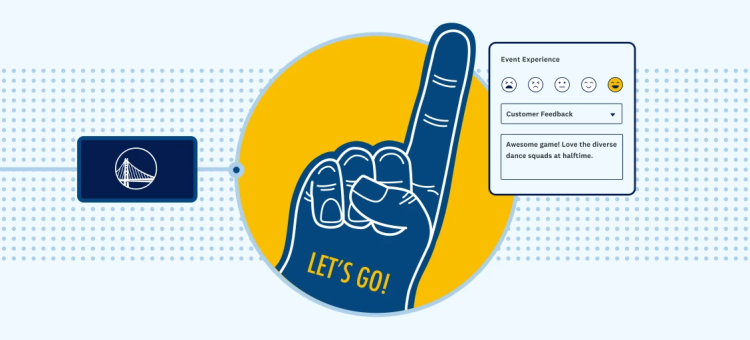A few weeks ago, SurveyMonkey’s senior methodologist Dr. Liana Epstein, shared the 5 questions you need to ask yourself before you send out your survey.
As she explained, when getting ready to create a survey, it’s easy to jump in and start immediately adding questions. However, there are some pretty important questions to ask yourself before you start building your survey. These 5 basic questions — how, why, who, when, and what — tend not to get much attention as the more popular questions you include in your survey but can make a significant impact on your results.
In fact, we think they’re so important that we made a quick video for you. So take a look, your survey (and your respondents) will thank your for it!
So, to quickly recap, here are Dr. Liana’s 5 questions to ask for survey success:
Questions To Ask Yourself Before You Send Your Survey
1. How: How do you want to ask?
Okay, this is the easy part. After all, you’re reading this blog or watching this video because you already decided that you want to use an online survey to do the asking for you. So really, the place to start is our second question…
2. Why: Why do you want to ask?
The most important step in a survey is figuring out what you actually want to know and making your objectives clear and simple.
3. Who: Who do you want to ask?
Survey respondents should be a “sample” of a “population.” A population is the entire set of people who you want to ask. Your sample is the portion of that bigger population that actually ends up taking your survey.
(Survey Tip: Need help accessing a sample of your target population? We have an Audience available to take your surveys.)
4. When: When do you want to ask?
In surveys, depending on who you want to respond, you’re going to want to send out invitations at different points of the week, and leave surveys open for different amounts of time—especially if you want to get more responses. Closing a survey too quickly can frustrate people who tried to respond, and exclude people who are just a little slower at getting around to things.
5. What: What do you want to ask?
There are so many different kinds of question designs and factors to consider, but here are some general guidelines to get you started. First of all, keep your questions simple, straightforward, and concise. This will make it easy for your survey-takers to understand what you’re asking, and will make it easy for you to analyze your data.
Next, if you’re going to give your survey-takers answer choices, try not to use more than 7 answer choices for any given question—people get overwhelmed. Also, make sure to label the answer choices. So that means don’t ask your survey-takers to rate how happy they are on a scale of 1 to 5. Ask them if they’re extremely happy, very happy, moderately happy, slightly happy, or not at all happy. Words are easier for people to think about than numbers.
And finally, if you need a little more help, check out Question Bank, our library with thousands of pre-written, methodologically sound questions to help you get the most useful responses.
Any more questions about survey methodology? Let us know in the comments section below!



